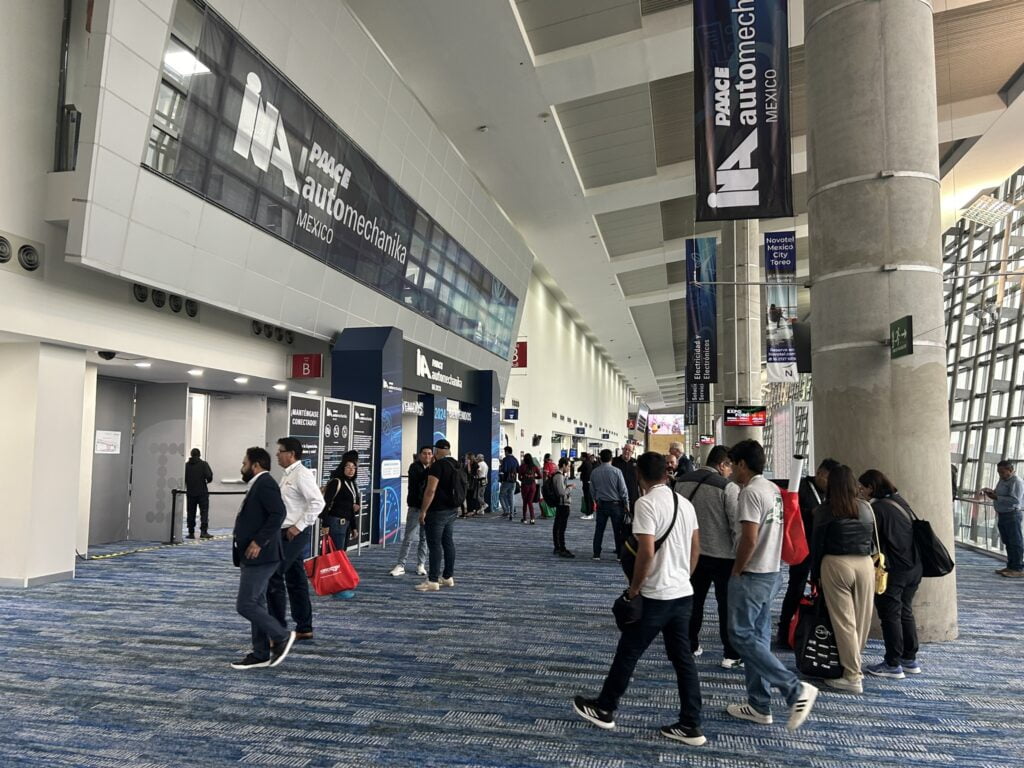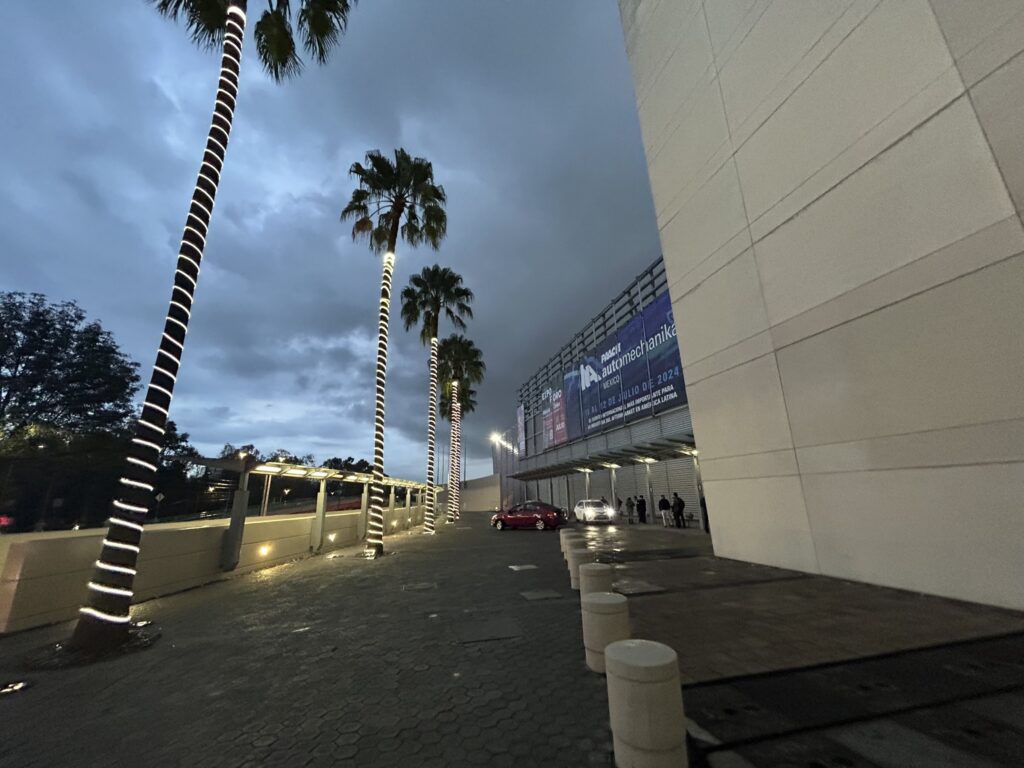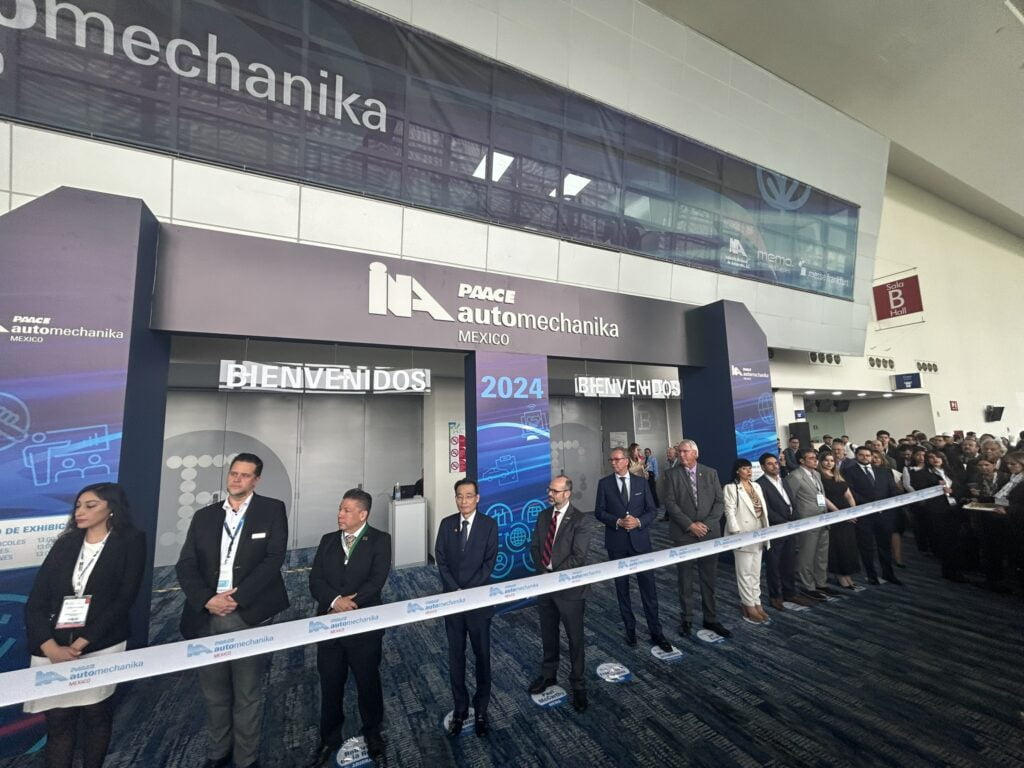The first edition of the International Aftermarket Summit is held at the Citibanamex Center with more than 330 aftermarket leaders As part of the Expo INA PAACE Automechanika 2024, and prior to its celebration from July 10 to 12 at the Citibanamex Center in Mexico City, the International Aftermarket Summit organized by the National Auto Parts Industry (INA) was held, with topics of great relevance to the auto parts sector. such as: digitalization, the impact of electromobility on after-sales, the challenges and opportunities of the automotive market, smart mobility, the challenges and trends of the aftermarket, innovation, the relevance of the Latin American market, and the importance of the right to repair, among others.
During the opening of the Congress, the INA and its executive president, Francisco González Díaz, highlighted the opportunities of the auto parts sector in Mexico, in a market where more than 55 million vehicles circulate, with an average age of 17 years, which translates into great potential and opportunities for the aftermarket and the sale of spare parts. The value of auto parts production in Mexico has reached the historic figure of more than 10,949 million dollars at the end of April 2024, and maintains a forecast for the end of 2024 of more than 126 billion dollars.
Among the sponsoring companies and associations invited to the International Aftermarket Summit were Auto Care, ARIDRA, CIMA International, Grupo Ciosa, Apymsa, MLD Online Auto Parts, Más Refacciones, First Brands Group, Dorman, SUMAX, Aremi, Banco Base, ZF Aftermarket and Schaeffler, among others. The INA aftermarket congress was held in collaboration with Messe Frankfurt and MEMA Aftermarket
Suppliers and brought together 330 auto parts leaders in Mexico City, at a time when Mexico has reached an unprecedented level of participation in imports from the United States, increasing 8.6 percentage points in the last ten years, while countries such as Canada, China and Germany have decreased their share of that U.S. market.



